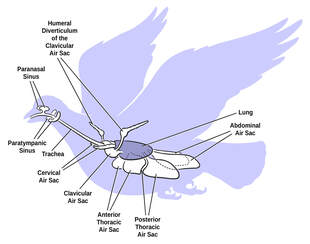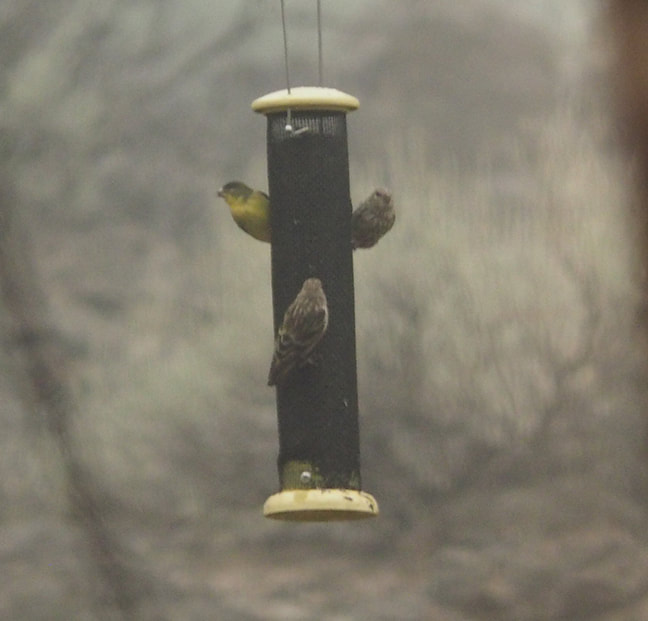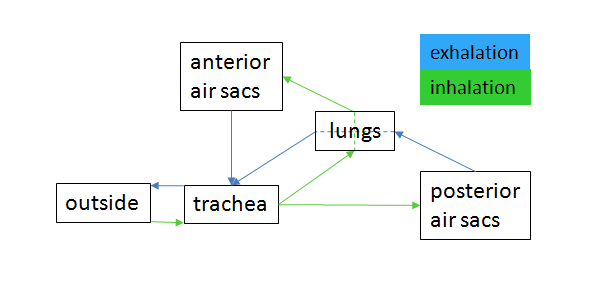 Oregon is experiencing the most tragic and severe wildfire event ever recorded in this state. There is significant suffering going on - human, wildlife, and plants. We wish everyone safety and well-being. If you can donate to those organizations that are helping people and domestic pets, and also wildlife, please do. There will be a lot of homeless people and pets at the end of this. We will also have devastating losses of wildlife and their habitats. Yes, it will recover. It may take a long time though for some species to regain numbers. These fires are not friendly cleaners, they are too intense for that. I've been asked how birds handle fire. I am no expert, but here's what I do know. Generally some birds will fly away, escaping the coming inferno. In massive fires like this one, some may not make wise choices in the directions they choose and suffer. Some may not realize the epic nature of the fires coming and choose to hunker down, staying in place to ride it out (like some people try to do). As birds move around they are often forced into new habitats where food resources may not be ideal or they are unfamiliar with. Fires may encourage migration as well for those species heading south. Birds traveling through in migration will hopefully simply fly on past, however, with much of the Cascades on fire, we can only hope they have the reserves and physical capacity to keep going. They will face more challenges as they hit the fires raging throughout California. I look forward to seeing some research on the movement patterns of birds experiencing fire. I do know that a lot of animals are dying right now. That is a given. I am not getting many as most birds will perish without anyone seeing them, as we are all stuck in our homes. I hope that anyone who finds a suffering bird will text us and give the bird a chance. We do not have the fire staff on these mega infernos for anyone to rescue animals while out on the front-lines. I am sure they wish they could. How Does Smoke Affect Birds? Birds lungs are incredibly complex and extraordinary. In fact, the incredible physical accomplishments of birds - flight, long distance trips, and endurance - are in large part due birds' breathing anatomy. Birds do not have just two lungs like us mere land-walkers. They have up to 9 "air sacs" - balloon-like structures that allow lightness and enormous breathing capacity. Each breath of a bird passes through all of these sacs and the lungs before being exhaled. The entrance to birds' airways is located at the bottom of the mouth, not the back of the throat like mammals. It is called the "glottis." This odd location allows more efficient and immediate air intake, which aids in the aerial feats birds engage in. (The location of the glottis and the risk of aspiration is a main reason feeding baby birds is actually a developed skill. It's super easy to get food or water into their airways, and birds cannot cough to force anything out because of how distributed the air becomes once in the body. In some birds, like the Common Poorwill, the glottis is darn near the front of the mouth, with the tongue very tiny and seemingly vestigial. This anatomy translates into a rather complex breathing operation. Note in the picture below, the air comes into the body, passes through the trachea, goes into the posterior air sacs and the lungs. The air in the posterior air sacs goes on into the lungs and back out. The air that goes into the lungs passes through the anterior air sacs before exiting the body. What this anatomy results in for birds' airways is that what goes in, stays in. So the micro to larger particulates of smoke, wind up going into birds' air sacs and lungs and not leaving. Just like us, these particulates can cause inflammation and impair intake of oxygen. The health effects of smoke are the same as for humans, except they are magnified by the fact that birds are more efficient breathers and retain more particulates.
In sum, smoke inhalation can and does kill birds. It impairs their ability to breathe and that impairs their ability to forage and sustain themselves. Birds will often sit is stasis. They may go to the ground as the air can be clearer there. Birds will often head into the canopy where they are a bit protected from larger particles and predators. Smoke also dirties birds' feathering, which can lead to birds ingesting this pollution as they preen. Keeping clean is imperative for birds ability to stay weatherproof, so they will try to seek out water. The chemicals and pollutants in the smoke is not good for them, so the cleaner they can stay by bathing, the better. So what can we do to help? Keeping clean, fed, and having access to water is critical for all the birds suffering right now. So, if you want to help your yard birds, please consider turning on sprinklers for an hour or so a day. Please wear a mask as you go outside to protect your lungs. Keep all feeders full, and clean the water baths and features as much as possible. You can also add additional trays of water, placed around the yard. Most birds we will not be able to help as they are simply not yard birds. However, if we are backed to open space or forests, we can help these birds by aiming sprinklers out where a few might get some benefit. Migrants who are desperate for food or water can benefit too from us putting water out. Putting food on the ground like millet will help the ground feeders and those that will eat millet like the finches. Keeping feeders full is important. And keeping bird baths clean! With so many birds taking baths and with the particle buildup, we want to keep the baths clean. Why do some act like nothing is happening? Still going about their day. Well they simply have no choice. Little birds in particular must eat much of the day, every day just to survive. As smoke impacts them, they can succumb from lack of oxygen and lack of food if they cannot eat. Birds waiting it out may go without food, leading to starvation. We can do almost nothing for the birds that do not come to the feeder. Note, putting water pans out helps other animals too, if you happen to be able to put out large pans for the deer and others, I advocate that. Smoke dehydrates everyone...no you should not feed the deer, their food is still there. But adding more water to your landscape cannot hurt. Yes, we are in a drought and water conservation is important. So please, do always conserve water as a general rule. If you see distressed birds hunkering down, rescue them. Put them in a box and text us. Please keep kitties inside right now, for their health and for the birds that are coming to the ground where the air is cleanest. For yourselves, tape shut any vents, hang blankets over doors, avoid going in and out, get an air cleaner going, and try to close up leaks. We wish everyone the best...please pray or say blessings for rain.... Comments are closed.
|
AboutNative Bird Care's is celebrating its 10th anniversary! Our main focus is song, shore, and waterbirds. We offer specialized care and facilities for these extraordinary birds.. Archives
July 2024
Categories
|


 RSS Feed
RSS Feed